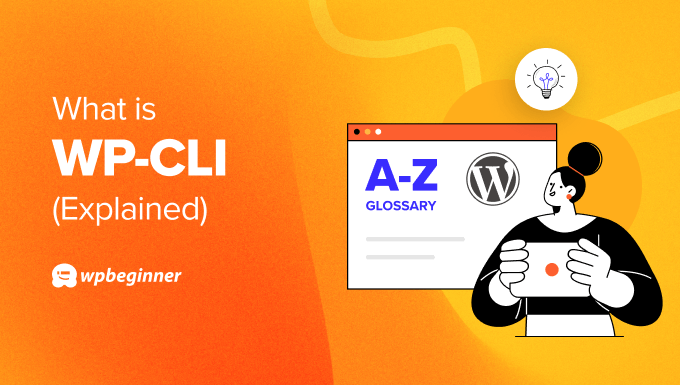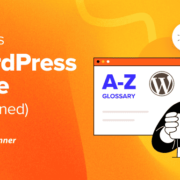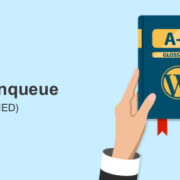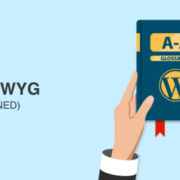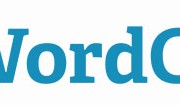WP-CLI
WP-CLI or WordPress Command Line Interface, is a tool that helps you manage your WordPress website without accessing its backend dashboard. You can perform different tasks like installing plugins and themes, managing users, changing settings, and more using the command line tool. It provides an… Read More »

